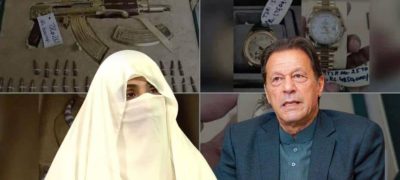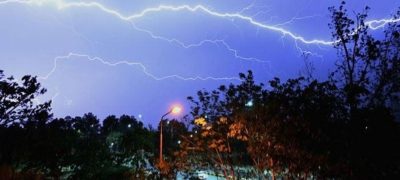A growing boycott campaign targeting military-made products has emerged in Pakistan, fueled by protests over the alleged mistreatment of demonstrators during recent PTI protests. The movement, driven by political workers and PTI supporters, has gained significant traction on social media, although it has not been officially launched.
Since its inception, the military has been accused of playing a dominant role in Pakistan’s political landscape, consistently supporting any government focused on maintaining law and order. This has led to the military being viewed as an independent political player and policymaker, particularly under the cover of martial laws in 1958, 1969, 1977, and 1999.
Read more: Gandapur Urges PM to Release KP Protesters Detained on November 24
Public opinion on the boycott is divided. Some critics argue that it harms Pakistan’s national image and is a futile effort, while others see it as a civilian right and a symbolic political tool, with little long-term impact. The boycott has primarily focused on Fauji food products, with similar actions being taken against Fauji fertilizer, Fauji banking, and Fauji educational institutions.
Reports indicate that the boycott has begun to affect the stock prices of companies within the Fauji Group, with Fauji Food seeing a drop of 2.4%, Fauji Cement falling by 3.15%, and Fauji Fertilizer down by 0.58%. Although it is early to determine the full extent of the damages, the economic impact is being felt.
(Retd) Brigadier Ashfaq Hassan has voiced concerns that the boycott could negatively impact the financial stability of the families of martyrs, many of whom rely on the income generated by these military-associated products.
Meanwhile, farmers are being advised to consider alternative fertilizers, and the general public is encouraged to switch to products from other companies. In response to the declining sales, Fauji Group has begun offering special discounts on its products.
The growing influence of social media “warriors” and continuous statements from workers and supporters about the alleged mistreatment of civilians during protests are fueling the momentum of the boycott, which is quickly becoming a significant movement within the country.









